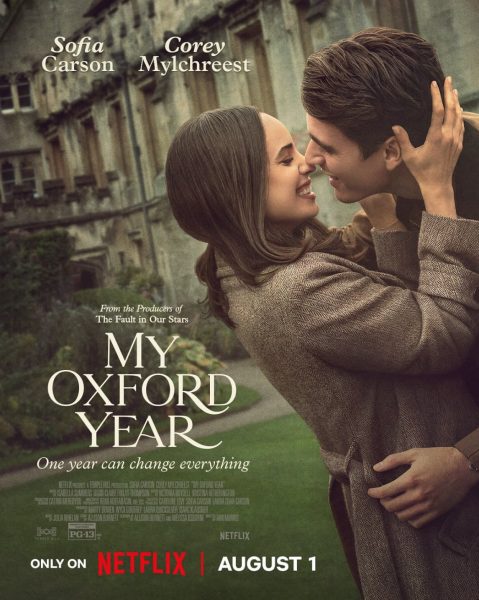The Fantastical, Mesmerizing World of “Millennium Actress”
Much like Japanese director Satoshi Kon’s other prominent works — “Perfect Blue,” “Paprika” — the animated film “Millennium Actress” blends reality and fiction. The 2002 animated film recounts the life and acting career of Chiyoko Fujiwara (Miyoko Shōji). TV interviewer Genya (Shōzō Iizuka) and his beleaguered cameraman Kyoji (Masaya Onosaka) try to get her story, only to find themselves inserted into a mixture of her memories and her body of work, an experience Genya is more than willing to be a part of.
The unique storytelling approach of “Millennium Actress” leaves the film’s narrative difficult to navigate. Thankfully, the core premise is fairly simple. A young Chiyoko becomes infatuated with a mysterious anti-war revolutionary she assists in the 1930s. She starts acting with the hopes of finding him again after he disappears into a Japanese-occupied Manchuria. Understanding her quest to find him becomes more complicated as her filmography intersects with her account of the actual events.
The end result is disorienting but memorable. Much of the story of “Millennium Actress” unfolds through a series of animated recreations of samurai films, “Godzilla” style kaiju flicks, American-influenced post-war dramas and plenty others. By the end of the film, it’s largely unclear whether a given event happened in Chiyoko’s own life or in one of the films she starred in. Around the same time, “Millennium Actress” convinces you that this is a meaningless distinction.
The gleeful merging of real and unreal produces a story with a strong voice, one that takes full advantage of animation’s consistently overlooked potential. There isn’t a single sequence that doesn’t look amazing, as “Millennium Actress” manages to combine various genres and time periods into a seamless whole without erasing their distinguishing qualities. The clever use of animation does similar favors for the mix of tones throughout the film. It lets the heavy emphasis on comedy and drama coexist and intersect without overwhelming the other.
The film’s exploration of our obsession with fantasies, particularly the ones that show up in cinemas, underlines everything about it. Chiyoko and Genya use the films of their youth to confront a troubling past and smooth over the gaps left in decades-old memories. What’s even more interesting is the larger implications. Just as the characters of “Millennium Actress” use fiction to explore their lives, the movie argues entire cultures engage in a similar process.
The film heavily involves Japan’s history in the ’30s and ’40s, both as an imperialistic aggressor and later as an occupied country. The most effective moment of “Millennium Actress” has Genya insulting Kyoji for mistaking the scene of a Japanese city being destroyed by American bombers for “science fiction.” Images like this, coupled with the film’s handling of the actual events in question, present a clear argument that Japanese culture has used film to deal with a complicated history and the ethical quandaries posed by it.
While it’s far from the only film to deal with our collective fixation with storytelling, few of them make an argument about it as strongly as “Millennium Actress.” The film’s jumbled story still manages to carry an array of themes and emotions to the very end. It also ends up being more powerful than the vast majority of conventionally-structured narratives. By doing this, “Millennium Actress” says the same thing about films as a whole. Engaging in our fantasies might distract us from our real goal. It also carries its own set of risks, ones the film does its best to explore. Even then, fiction often gives us the resolve and the means to go places we might have otherwise avoided altogether.
The individual pieces of “Millennium Actress” coalesce into a work of art that forces the viewer to confront the stories of their lives, good or bad, cinematic or otherwise. Movies that examine their own medium often end up pretentious, cold and incomprehensible.
“Millennium Actress” can be confusing but the engaging characters and fulfilling narrative avoid that problem entirely and instead offer a one-of-a-kind movie experience.













































































































































































































